Announcing LogDNA Agent v2.2 Beta
LogDNA is now Mezmo but the product you know and love is here to stay.

December 10, 2020 Update: Agent v2.2 has been GA'ed and includes all of the Agent v2.2 Beta features except for running as non-root. Our newly released v3.0 Beta will include all of the Agent v2.2 Beta features including the ability to run as non-root.
We’re excited to announce the public beta release of our latest Agent v2, which includes two major feature improvements for our Kubernetes® customers.
First, Agent v2.2 now supports Kubernetes event logs that enable more seamless Kubernetes deployment troubleshooting. In addition, we now support running Agent v2 as a non-root user, making Agent v2 the most secure Kubernetes agent on the market.
Kubernetes Event Logging
What are Kubernetes events?
A Kubernetes event is exactly what it sounds like: a resource type that is automatically generated when state changes occur in other resources, or when errors or other messages manifest across the system.
Kubernetes events give developers insight into the changes happening inside a cluster — for example, this includes decisions made by a scheduler and reasons for why pods were evicted from a node. In addition, the metadata associated with these events give important information for why an event was triggered, which is useful for debugging Kubernetes deployments.
LogDNA Agent v2.2 + Kubernetes events
LogDNA Agent v2.2 provides a new configuration in the YAML file that enables Kubernetes events related to a specific service to be collected, alongside your application logs. Without needing to learn and set up additional tooling, developer teams can now debug their Kubernetes cluster all within LogDNA.

Whether it’s a simple misconfiguration or an underlying application issue, they all surface in a single view. This empowers developers to troubleshoot seamlessly, resolving deployment issues without deep specialized knowledge of Kubernetes tooling. Refer to our Kubernetes events documentation.
For Enterprise Customers: Enrich Logs with Kubernetes Metrics

While debugging, Kubernetes resource metrics paired with logs and events can help engineers get a full picture of their services and infrastructure. To create a seamless workflow between logs and resource metrics, we’re announcing the general availability of Kubernetes Enrichment for our LogDNA Enterprise customers.
Kubernetes Enrichment exposes CPU/Memory metrics and pod-related metadata that correlate with your logs in a single UI. Click here to learn more about Kubernetes Enrichment.
Kubernetes Enrichment is available only for LogDNA Enterprise customers; contact your dedicated Customer Support Manager to get started.
Running Agent v2 as a Non-Root user
Agent v2.2 gives customers the ability to run Agent v2 as a non-root user. Rather than run as a root user with global read and global write permissions, Agent v2.2 can now run as a non-root user with only global read permissions.
Why Is It Important to Run as a Non-Root User?
This decreases security risks by adhering to the Principle of Least Access — meaning that Agent v2 will only have global read access to send logs to LogDNA. Log management solutions only need to read your log data to give developers insight into their systems. LogDNA is the first major logging provider to give customers the peace of mind of running as a non-root user.
Follow the documentation for specific instructions on how to enable non-root in your YAML. By default Agent v2 will continue to run as a root user.
Other Notable Improvements
Red Hat OpenShift Support
Agent v2.2 officially supports Red Hat® OpenShift®. Red Hat OpenShift is an open source container application platform based on the Kubernetes container orchestrator for enterprise application development and deployment. Refer to our specific OpenShift instructions.
Journald Support
Agent v2.2 officially supports Journald, systemd’s logging service, giving more insight into your system by capturing messages from a variety of services including the kernel and syslog. Refer to our Journald configuration documentation.
Kubernetes Labels
Agent v2.2 enables users to include Kubernetes Labels as a part of the metadata sent with existing agent logs.
To get started with the Agent v2.2 public beta, check out our documentation. As always, if you have any questions or feedback, please feel free to reach out to me — albert.feng@logdna.com.
.jpg)

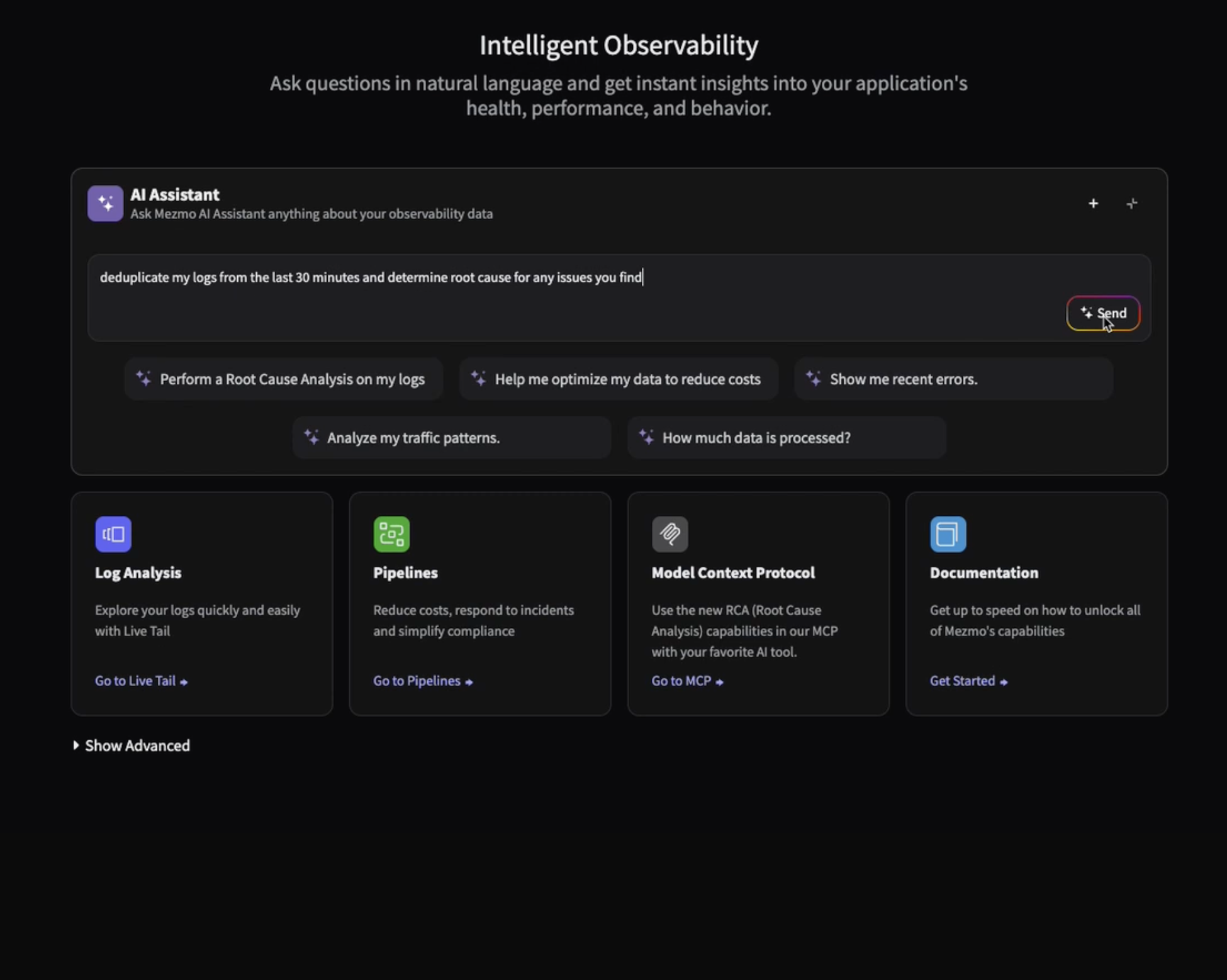
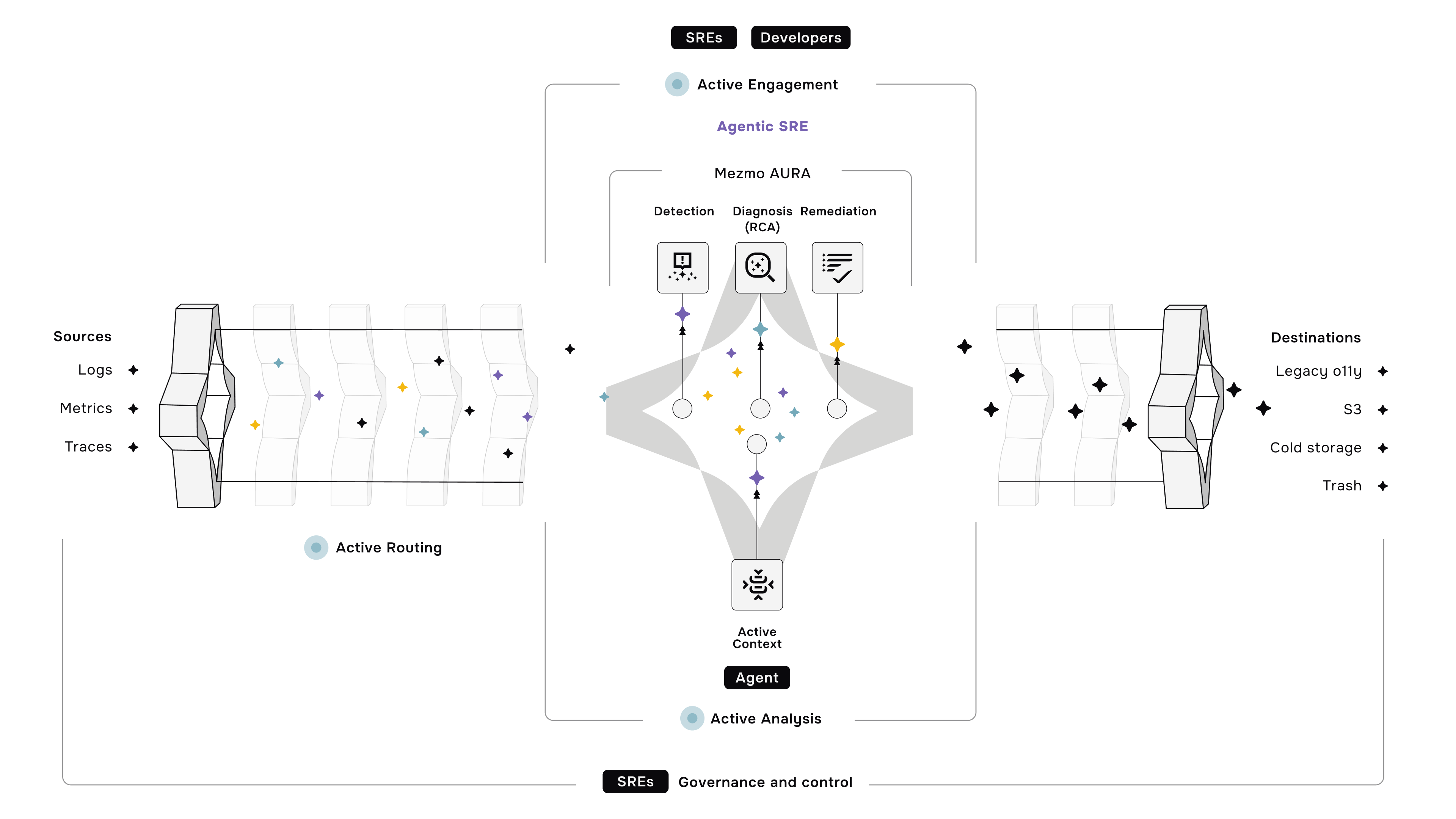

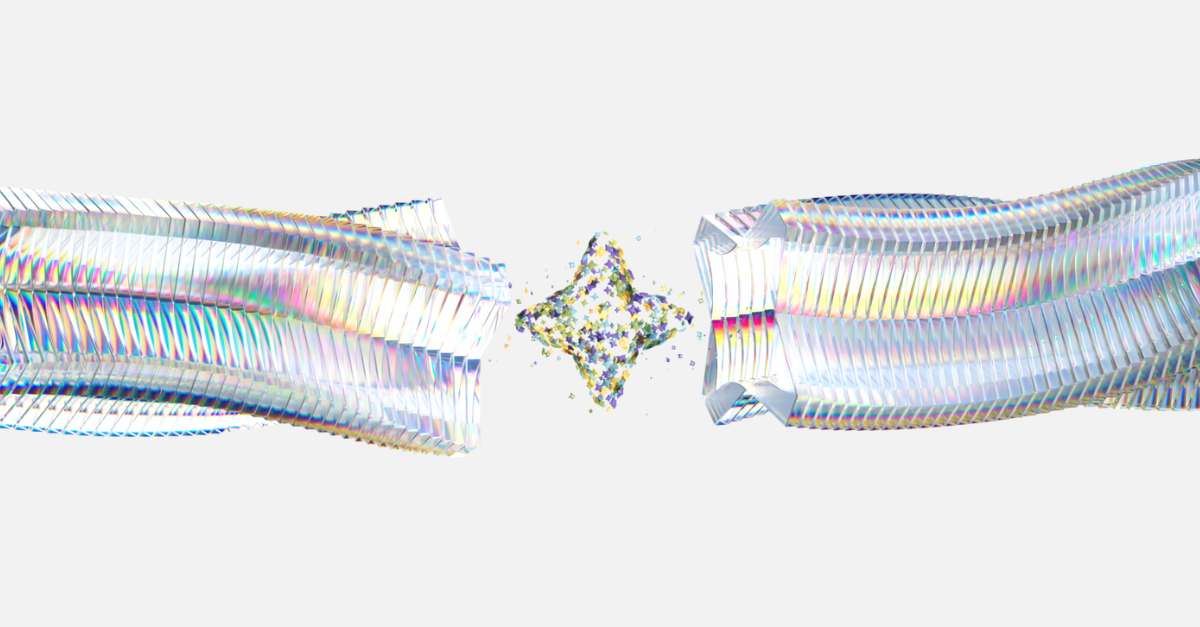




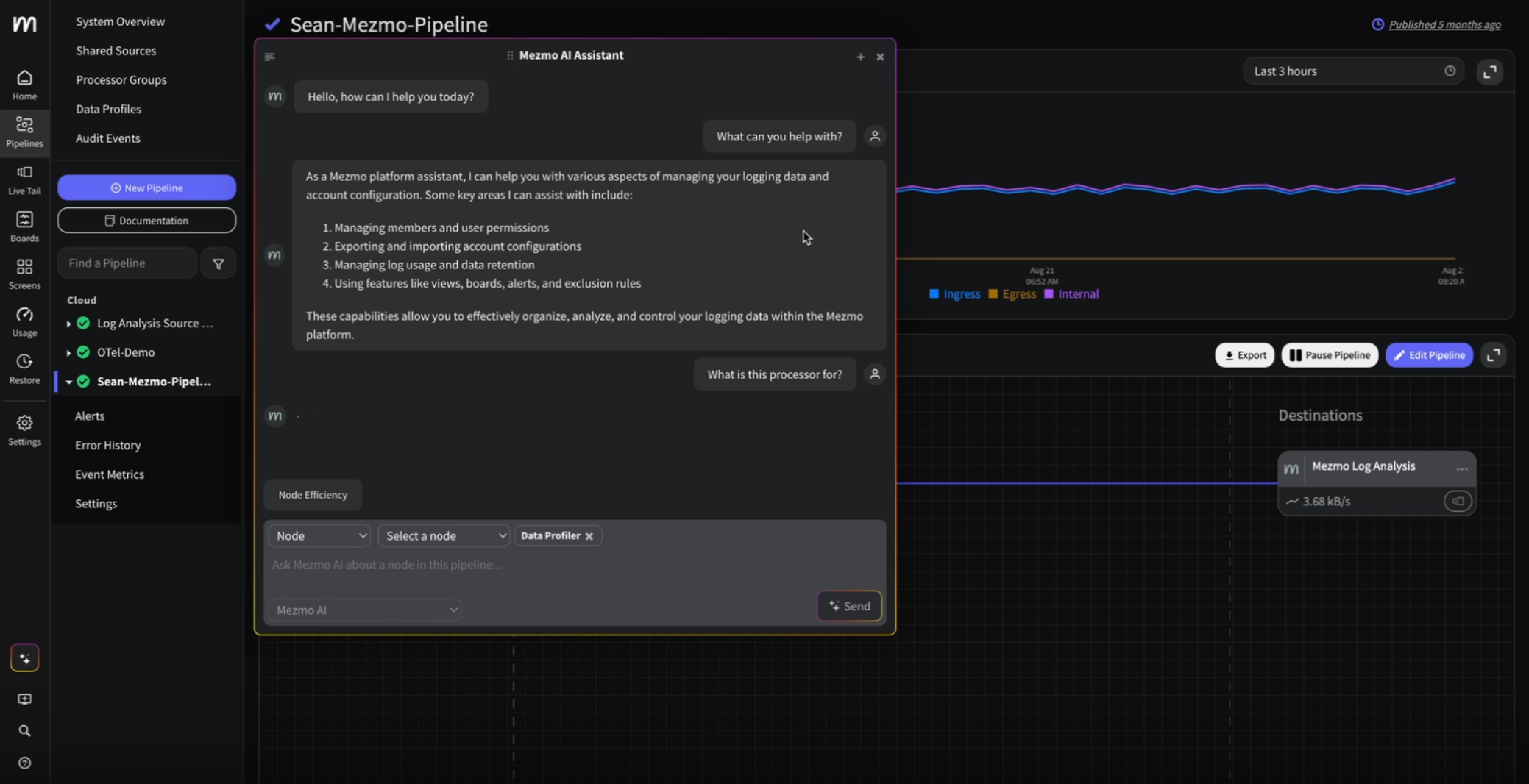
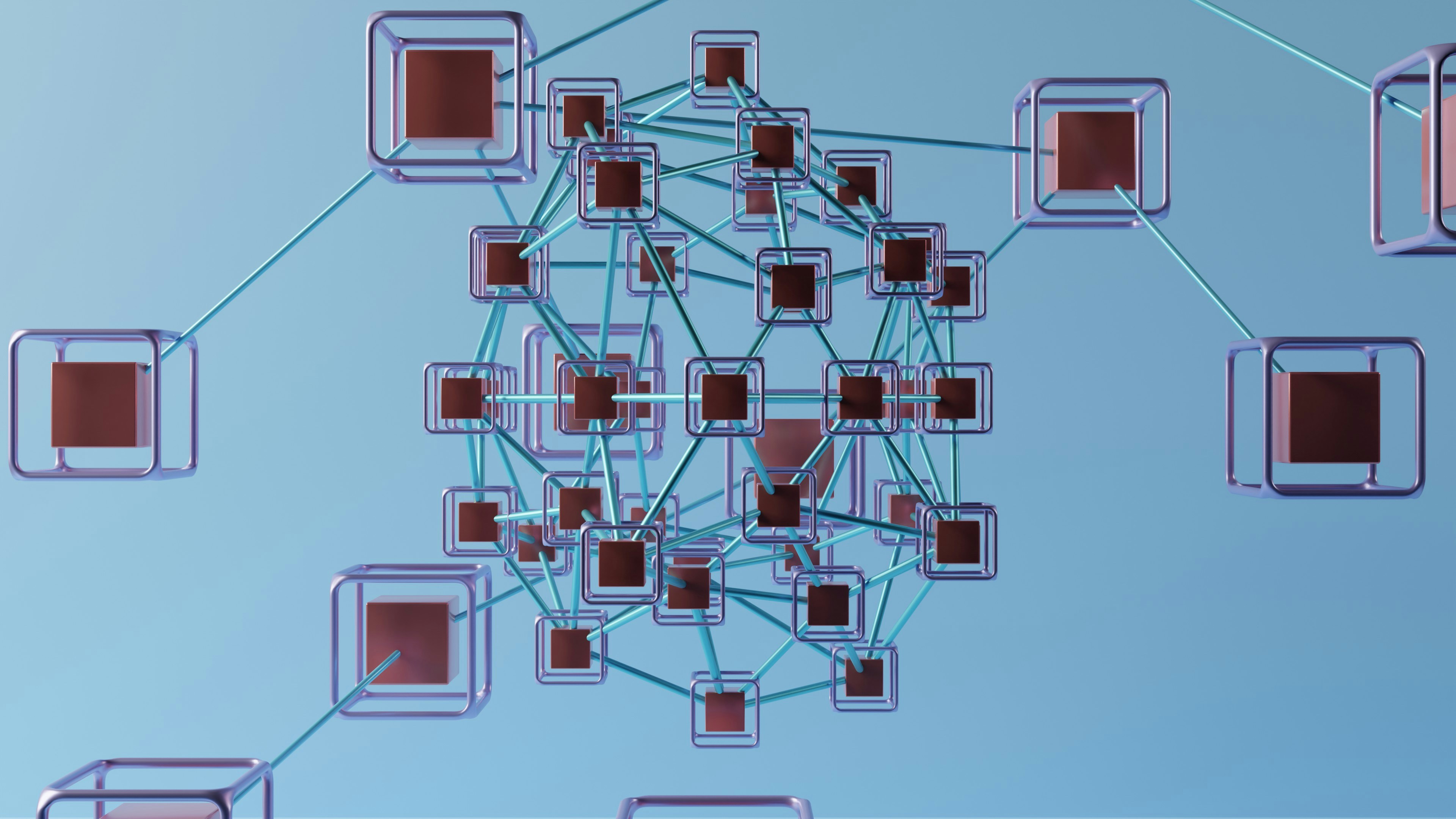

.png)




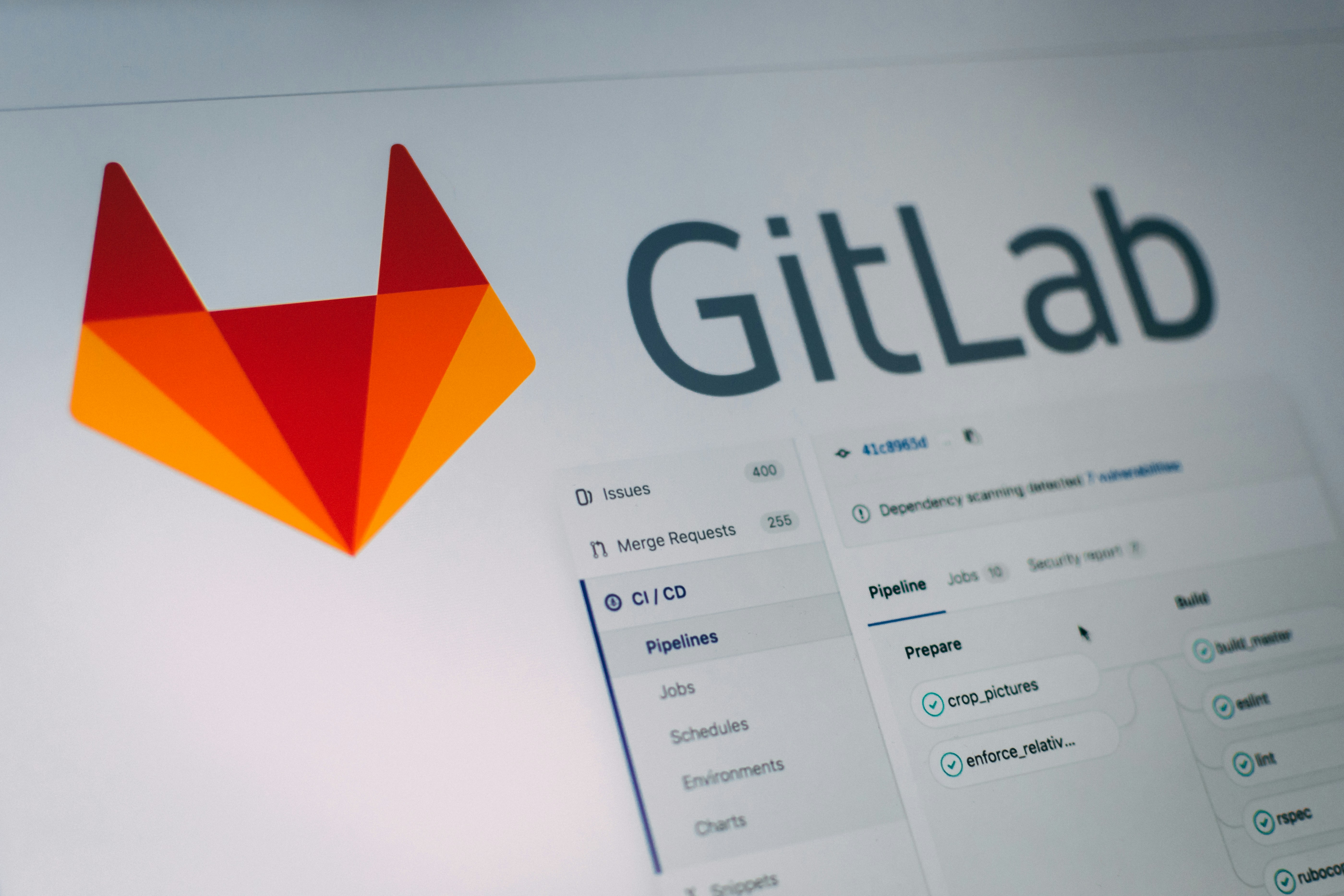
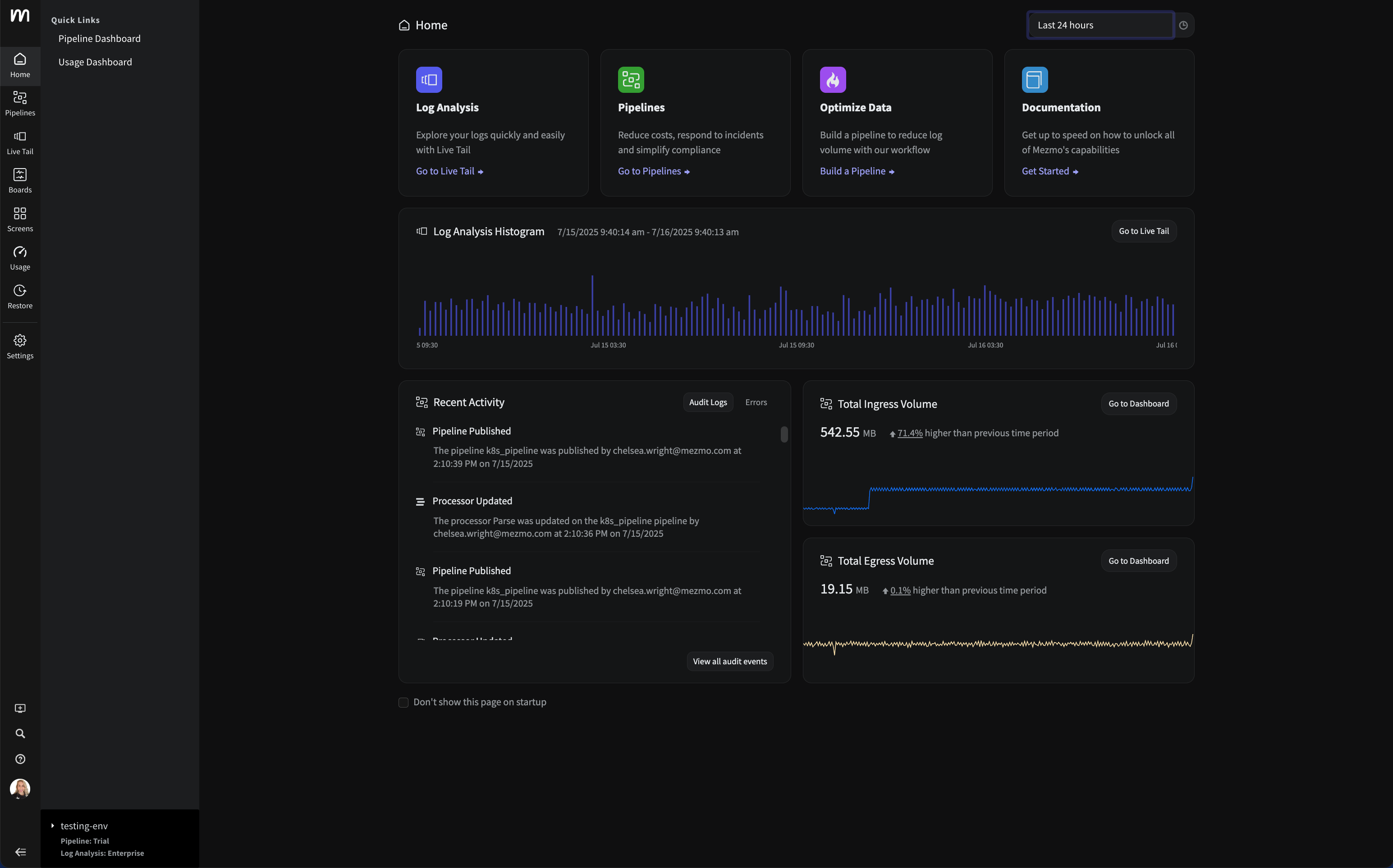


















.png)


































































